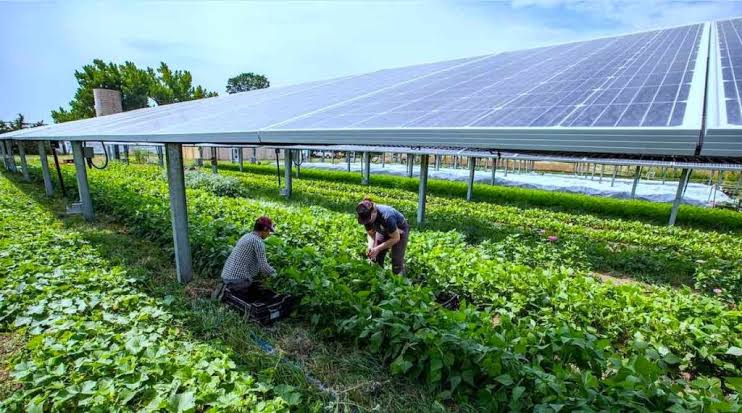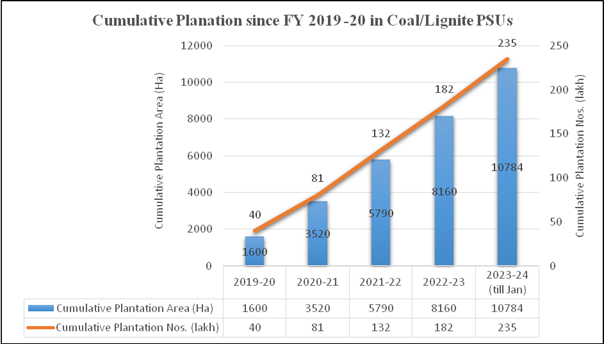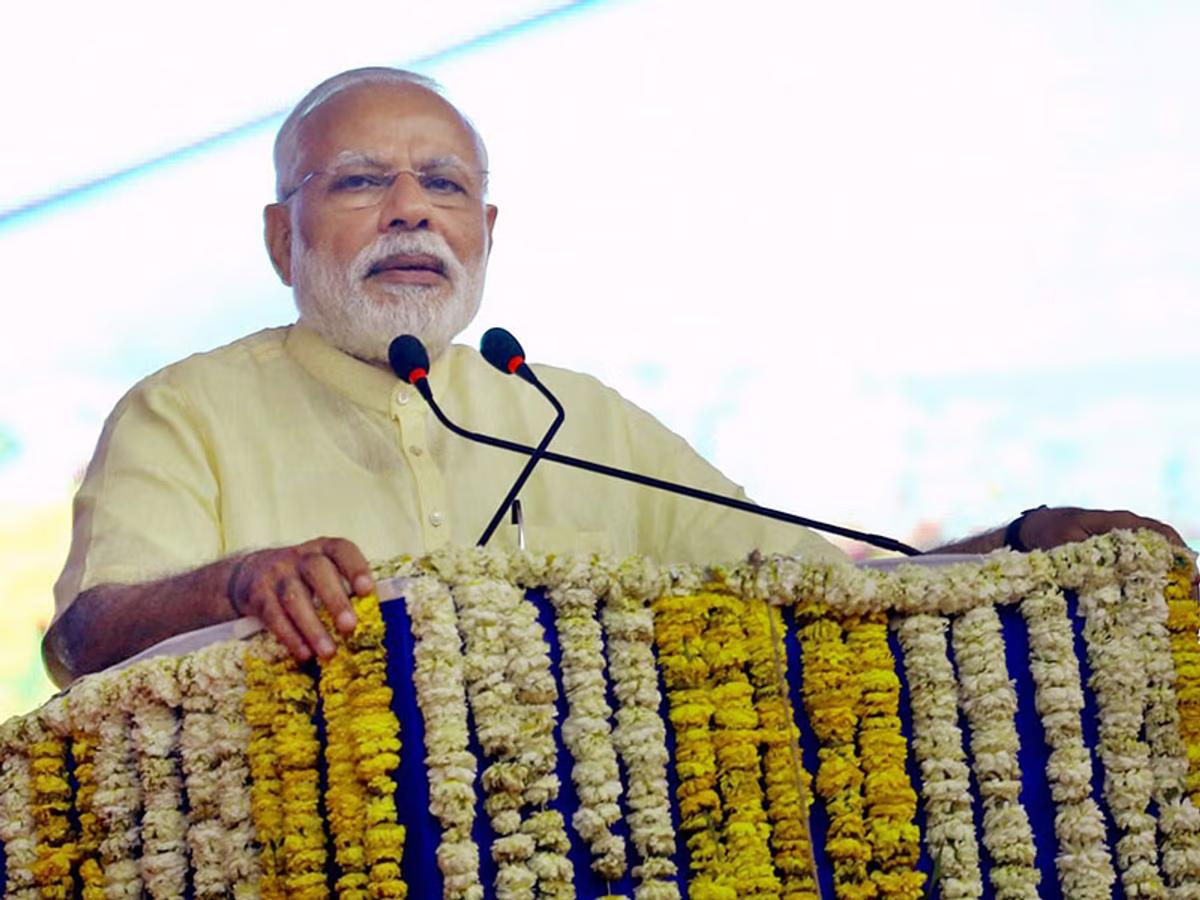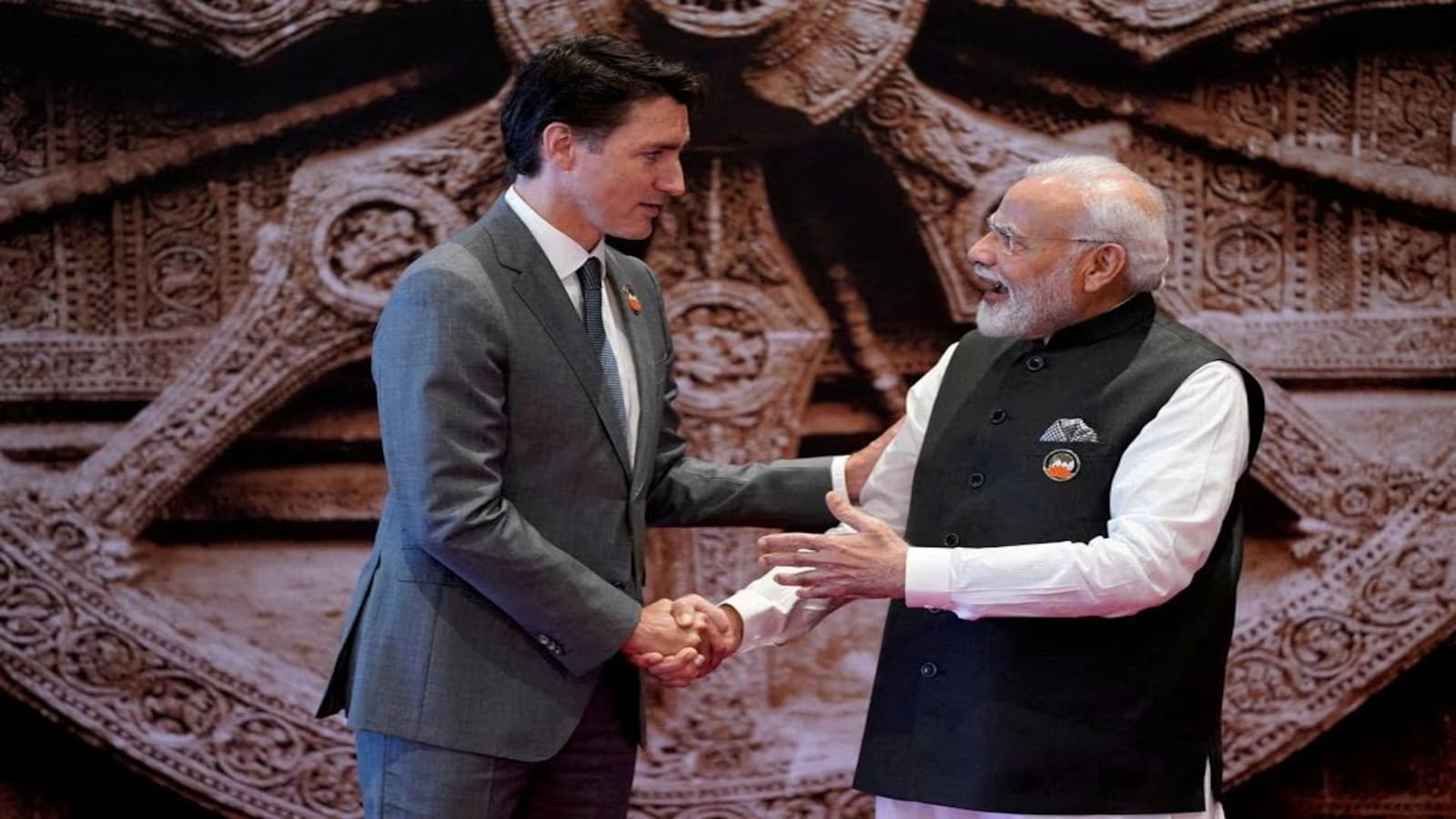In a thoughtful and forward-looking move, the Parliamentary Committee on Estimates, led by Member of Parliament Dr. Sanjay Jaiswal, paid a visit to the Sunmaster Agrivoltaics Plant in Issapur, Najafgarh, Delhi. The visit, facilitated by the Ministry of New and Renewable Energy (MNRE) in coordination with the Ministry of Agriculture and Farmers Welfare, was aimed at reviewing the progress and on-ground impact of two key government schemes — PM-KUSUM and the recently launched PM Surya Ghar: Muft Bijli Yojana.
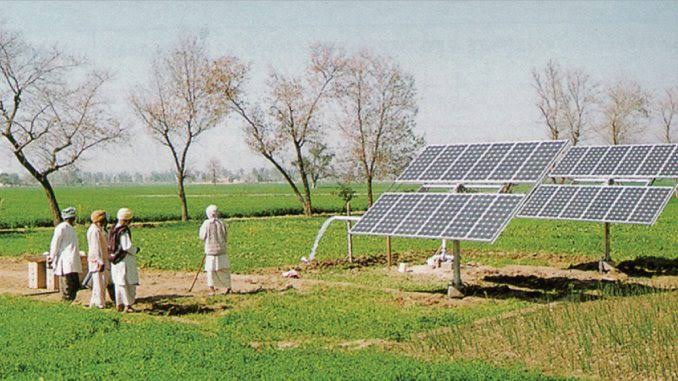 The site offered a powerful demonstration of agrivoltaics technology, where solar panels are elevated on stilts, allowing the land beneath to remain available for farming. This dual use of land not only optimizes productivity but also represents a harmonious blend of clean energy generation and agricultural sustainability — a vital need in today’s climate-conscious era.
The site offered a powerful demonstration of agrivoltaics technology, where solar panels are elevated on stilts, allowing the land beneath to remain available for farming. This dual use of land not only optimizes productivity but also represents a harmonious blend of clean energy generation and agricultural sustainability — a vital need in today’s climate-conscious era.
Shri Sudeep Jain, Additional Secretary at MNRE, provided a detailed overview of the PM-KUSUM scheme, underlining its role in making renewable energy accessible to farmers while simultaneously enhancing food and energy security. The scheme, he said, empowers rural communities by enabling them to be both energy producers and food providers — a dual contribution that strengthens livelihoods and fosters self-reliance.
The Committee members had an opportunity to observe the differences between ground-mounted and elevated agrivoltaic solar systems. The latter, they noted, offers significant advantages in terms of cost efficiency, environmental preservation, and land-use flexibility — making it a promising model for widespread adoption across India.
Perhaps most impactful was the Committee’s interaction with local farmers, who shared heartfelt stories of how access to solar energy has transformed their lives. From reducing irrigation costs to providing reliable electricity for farming operations, the benefits are tangible and deeply appreciated by those who rely on agriculture for their survival.
The visit also included a tree plantation drive under the “Ek Ped Maa Ke Naam” initiative, where Dr. Jaiswal and fellow members planted saplings — a symbolic yet meaningful gesture toward environmental stewardship. A tractor ride with farmers followed, reflecting the delegation’s genuine effort to connect with the realities of rural India and understand the lived experiences of its people.
In his closing remarks, Dr. Jaiswal expressed admiration for the collaborative efforts of MNRE and its partners, praising the agrivoltaic approach as a powerful solution to meet the twin goals of energy transition and rural development. He recommended further studies to explore how this innovative model could be scaled up for greater benefit across the country.
This visit stands as a testament to the government’s strong commitment to clean energy, sustainable agriculture, and inclusive growth. It is a reminder that progress is most meaningful when it uplifts those who need it the most — the farmers who feed the nation and now, increasingly, help power it too.

